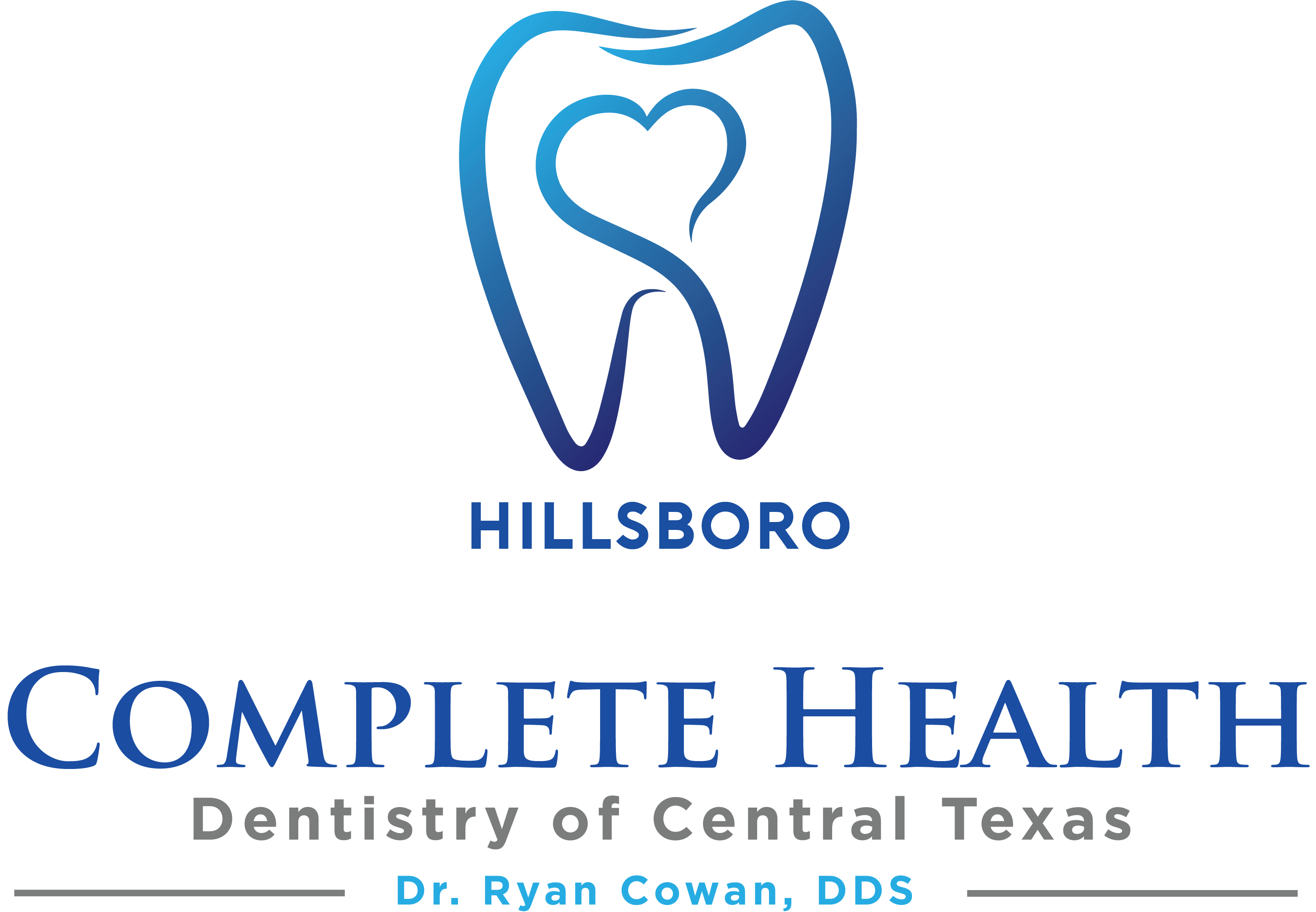Extractions
Aside from wisdom teeth, there are other circumstances in which having a tooth extracted may be in your best interest. Our primary goal is always, of course, to keep your natural teeth healthy and in your mouth for as long as possible. We will exhaust all our options trying to save a tooth before resorting to extraction. Extractions, in some cases, are more beneficial to your oral health than leaving problem teeth in place. If you have a tooth that is badly decayed, infected, or is unable to support itself due to gum disease, you may require an extraction. Don’t worry, you can rest assured you’re in the very best hands in the skilled and compassionate care of Dr. Cowan and our team. We will walk you through all the details prior to the procedure and address any questions or concerns you may have.
Depending on the location and nature of the extraction, we may use local or general anesthetic to make sure you are comfortable and don’t feel a thing. Our painless injection technology ensures the whole process is just that – painless.
We also have sedation options available to make your appointment as relaxed and comfortable as possible. We will give you specific post-op instructions to follow to ensure the fastest, most comfortable recovery. Once healed, if the extracted tooth needs to be replaced, we can begin to discuss our modern restorative options including dental implants, crowns, bridges, and dentures.

Wisdom teeth
Have you ever wondered why wisdom teeth are called wisdom teeth? Is it because they possess some sort of divine knowledge? Is that why dentists like to extract them, to keep the knowledge for themselves? Unfortunately, no. The truth is wisdom teeth are just like the rest of your teeth. The only difference is they tend to erupt later than the rest, coming in between the ages of 17-21 – when a person is old enough to have acquired a certain level of wisdom entering adulthood. (Don’t tell that to a 17-year-old, they already think they know everything.) Wisdom teeth are the upper and lower third molars, located at the very back of the mouth. Our ancestors used their wisdom teeth to help them chew through tough meat and grind up dense greens. Today, however, with advances in agriculture, wisdom teeth aren’t necessary. We get by just fine without them. In fact, some people never even get wisdom teeth at all. Some people get only one, or a couple, and some people get all of them. If you’re lucky, your wisdom teeth will erupt without a hitch. In many cases, however, wisdom teeth can cause more harm than good.
Wisdom teeth can cause significant problems for some people, including:
- Pain, swelling & discomfort.
- Alignment & bite problems
- Excessive crowding
- Impacted wisdom teeth (twisted, turned, unable to erupt)
- TMJ dysfunction
- Infection or abscess
At Complete Health Dentistry, we use digital x-ray and 3D imaging technology to see if there may be problems with your wisdom teeth before they erupt. If they are clearly impacted, Dr. Cowan may recommend extraction. If you’re experiencing pain associated with your wisdom teeth, you should come in and see us right away to see if a wisdom tooth extraction may be able to ease your pain and make your smile more comfortable.



